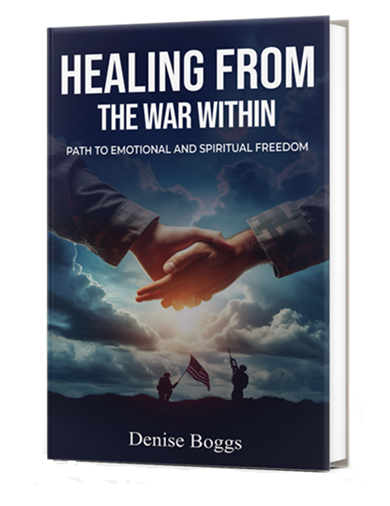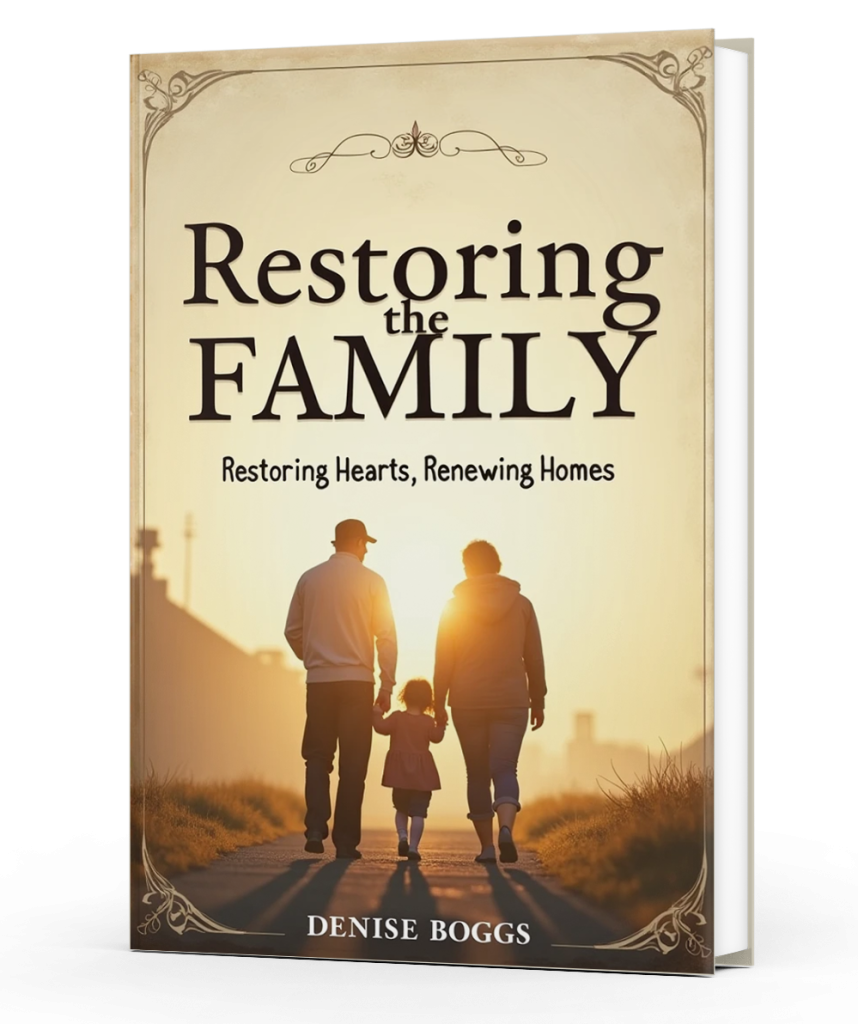Table of Contents:
- The Importance of Spiritual Connection for Daily Healing
- Applying Scripture to Confront Inner Battles
- The Role of Forgiveness in Healing from PTSD
- Building a Routine of Prayer and Reflection
Introduction
For veterans who have faced the unimaginable horrors of war, healing from the scars of their experiences often requires more than physical or psychological treatment. The path to recovery extends into the realm of the spiritual, where biblical healing offers profound relief and transformation. By integrating biblical principles into daily life, veterans can draw upon the strength and peace that come from faith. This article outlines four key points on how veterans can bring biblical healing into their daily routines to overcome trauma and find peace in their journey of recovery.
1. The Importance of Spiritual Connection for Daily Healing
Biblical healing begins with a strong, daily connection to God. Veterans need to establish an ongoing relationship with the Lord that offers spiritual strength and peace amidst the challenges of post-war life. This relationship is not a one-time event but a continual, life-sustaining connection that veterans can rely on every day.
In Proverbs 18:14, it is written, “The spirit of a man will sustain him in sickness, but who can bear a broken spirit?” This verse reflects the idea that a strong spirit can help overcome even the deepest wounds, including emotional and psychological trauma. Veterans must feed their spirit by engaging in daily spiritual practices such as reading scripture, praying, and meditating on God’s promises.
As veterans make time each day to engage with God through prayer and scripture, they invite His healing presence into their lives. This regular practice not only brings comfort but also helps veterans confront and process the deep wounds of war in a way that brings lasting peace and renewal.
2. Applying Scripture to Confront Inner Battles
One of the most powerful ways veterans can incorporate biblical healing into their daily lives is by applying scripture to the inner battles they face. The Bible is full of wisdom and encouragement for those who are struggling with fear, anxiety, and trauma. For veterans, these scriptures serve as a tool to confront the recurring memories and emotions that may arise from their experiences.
Psalm 55:4-6 offers a powerful insight into dealing with inner turmoil: “My heart is severely pained within me, and the terrors of death have fallen upon me. Fearfulness and trembling have come upon me, and horror has overwhelmed me. So I said, ‘Oh, that I had wings like a dove! I would fly away and be at rest.'” Here, the Psalmist David, a warrior himself, expresses the same kind of fear and anxiety that many veterans feel today. However, David’s psalms also reveal the path to healing—he turns to God for help, acknowledging that only by facing his pain and turning to the Lord can he find rest and peace.
Veterans can take inspiration from these scriptures, learning to face their inner struggles head-on, knowing that God’s word is a powerful tool to combat the emotional and spiritual turmoil they may experience. By turning to specific verses that resonate with their current struggles, veterans can find peace and strength to continue moving forward.
3. The Role of Forgiveness in Healing from PTSD
Forgiveness is a key biblical principle that plays a profound role in healing, especially for veterans struggling with PTSD. Often, the trauma of war leaves veterans burdened with guilt, anger, and resentment—whether directed at others, at themselves, or at the circumstances of the war. Forgiveness, however, offers a way to release these burdens and allow healing to begin.
In Hebrews 12:15, it says, “See to it that no one falls short of the grace of God and that no root of bitterness springs up and causes trouble, defiling many.” This passage highlights the danger of harboring bitterness and anger, which can lead to further emotional damage if left unresolved. Forgiveness is the key to uprooting bitterness, allowing the healing process to take hold.
Veterans must learn to forgive themselves for the guilt they may carry from their wartime experiences. This includes forgiving others—comrades, enemies, or even authority figures involved in the trauma. By practicing biblical forgiveness, veterans can remove the obstacles that stand in the way of their healing journey, allowing God’s grace to flow freely in their lives.
4. Building a Routine of Prayer and Reflection
To make biblical healing an integral part of daily life, veterans need to establish a consistent routine of prayer and reflection. Healing through faith is not a one-time event but a process that unfolds as veterans actively seek God’s presence in their daily routines. Setting aside time each day to engage in prayer, meditation, and scripture reading is crucial for maintaining the strength and peace necessary for long-term healing.
In Ephesians 6:18, the Bible encourages believers to “pray at all times in the Spirit, with all prayer and supplication.” This reminds veterans that prayer is a constant dialogue with God, offering a source of strength, guidance, and comfort. By praying regularly, veterans invite God’s healing power into their lives, creating a spiritual rhythm that supports their emotional and mental well-being.
Reflection is equally important. By meditating on the scriptures and the lessons God is teaching through His word, veterans can deepen their understanding of how faith can help them overcome their struggles. This reflection allows them to see the progress they are making in their healing journey, reinforcing the belief that God is walking with them every step of the way.
Conclusion
Bringing biblical healing into a veteran’s daily life is about establishing a deeper connection with God, applying scripture to inner battles, embracing forgiveness, and creating a routine of prayer and reflection. These practices offer veterans a path to healing that goes beyond the physical and mental, addressing the soul’s deepest wounds. By integrating these spiritual principles into daily life, veterans can find the peace and strength needed to navigate their post-war lives with hope and resilience.
FAQ
1. How can scripture help in overcoming PTSD?
Scripture provides comfort, wisdom, and encouragement that speak directly to the heart of those facing trauma. By meditating on specific verses, veterans can find peace and clarity as they confront their inner struggles.
2. What role does forgiveness play in healing PTSD?
Forgiveness allows veterans to release the burdens of guilt, anger, and bitterness. By forgiving themselves and others, veterans open the door to healing, allowing God’s grace to work in their lives.
3. How often should veterans incorporate prayer into their daily routine?
Veterans should aim to make prayer a regular part of their daily life, turning to God throughout the day for strength, guidance, and healing. Even small moments of prayer and reflection can have a profound impact.
4. Can biblical healing really make a difference in a veteran’s life?
Yes, biblical healing addresses the spiritual dimension of trauma, offering veterans a source of strength and peace that complements other forms of recovery. Through faith, veterans can find lasting healing and restoration.





